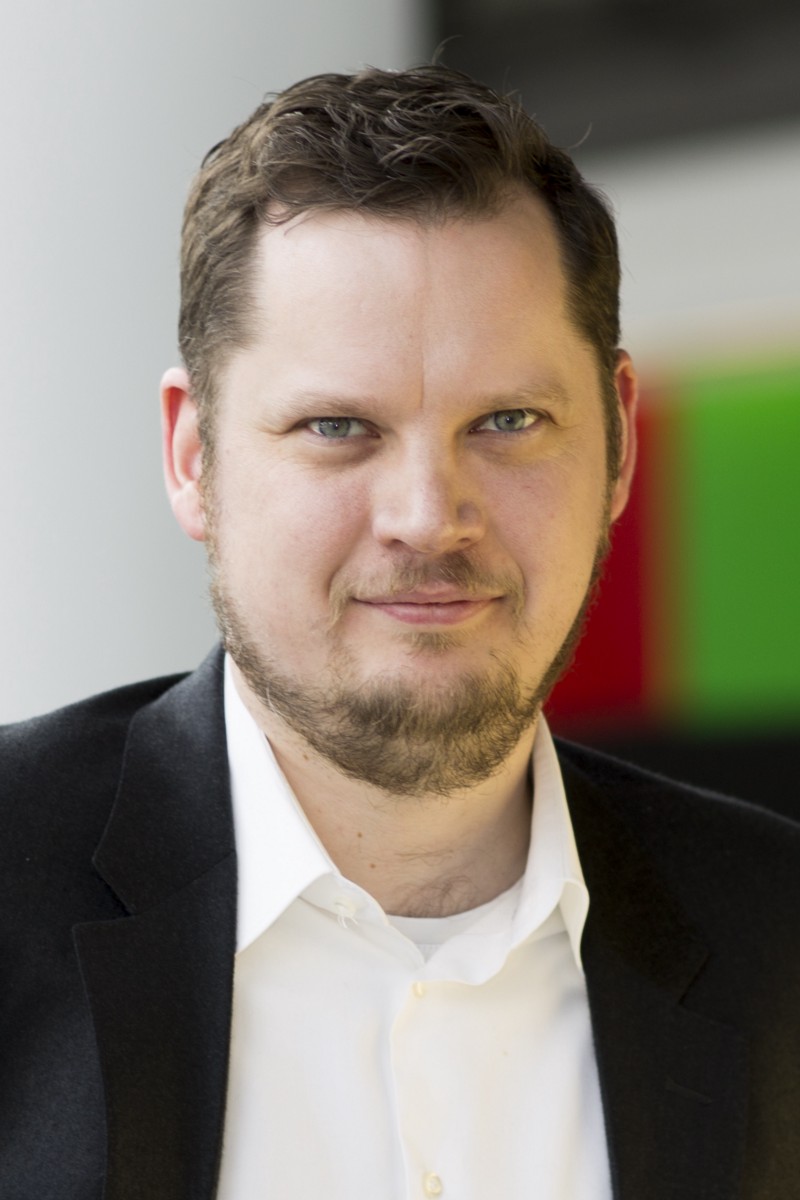Ulrich Kleipass, is head of innovation scouting at Dusseldorf-based Ergo Group, the primary insurance arm of Munich Re. Ergo, which is under pressure to react to dramatic changes impacting the multi-trillion dollar insurance industry, is spending $1 billion to transition into the digital age. The company is engaging with startups, modernizing its IT and its processes and separately launching a fully autonomous digital insurance company called nexible. Kleipass recently spoke to The Innovator about the company’s transformation strategy.
How do you work with startups?
U.K.: We are currently a member of startupbootcamp InsurTech in London and it we have launched our own corporate VC activities. The first step after we qualify them is to put them in touch with the relevant business unit. The business unit has to be the owner of the project inside the company. That is a prerequisite before starting a proof of concept. After that we can support the startup in our digital labs in Berlin for one month or three months. After this incubation period, if we don’t get a commitment from the business unit we stop the project. We can’t force innovation on the business units.
Have you rolled out any service based on a startup’s technology?
U.K.:We are in the process. We have 12 to 15 startup collaborations right now. The idea is to get to an mvp — a minimum viable product — and start with something small scale. Then, if it proves to be a right technology you can scale it up to something bigger afterwards. Not all of these 15 will make it. Some of the 15 are in the second round now. Their technology worked ok but was not really perfect. The process is like a sales funnel. You qualify 600, talk to 200, introduce 50 to the business side, go in-depth with 15 and wind up with five projects.
Can you give an example of some of the issues that you have encountered with startups?
U.K.: We have one project on chatbots. We had to change startup partners. We moved to a different startup with different technologies because our requirement could not be fulfilled. This shows that it is not a linear process — that you don’t always work one with startup from beginning to the end that can fulfill all your goals and milestones. It’s often about changing requirements and finding your way. When it comes to how to use the technology in the best interests of customer you might need a different partner. The first chatbot startup we worked with had a b2c retail perspective. It did an mvp with us. It turned out the technology worked but the market approach did not work for us, which is why we chose a different partner.
How has your approach to working with startups evolved over time?
U.K. : When we started our approach was a bit more opportunistic. We found interesting technology on the market and proposed it to our business units and hoped the business units would take an interest and do an mvp with them. We have since moved away from that model and are now taking a demand-driven approach. First, we sit together with the business units and define what the needs are and get top management buy-in and then we go looking for what is needed.
What do you find the most challenging about implementing new ideas and new technologies?
U.K.: The difficult thing about innovation is not the technology it is organizational. Resistance to change can also be because the systems you have in place, the structure of the company is working against you. Let’s say you want to run a pilot on digital claims management. It is a perfectly legitimate innovation topic. However to run a pilot you need the help of the call center but the call center has set kpis — they need a certain success rate on each case — so you have a goal conflict. Companies are so streamlined for efficiency that in order to pilot some new process, new ideas you end up with these goal conflicts. There is a need to create room in companies to try something out and to make sure people are not penalized for participating in innovation. The challenge in innovation is not finding the right idea, it is getting it implemented.
How does Ergo try to deal with these issues?
U.K.: We have innovation ambassadors in different units. These people are pioneers. To make them stronger we are creating a network for them, giving them arguments and counting on them as allies.
What is your advice to other corporates?
U.K. : You have to get the business units actively involved in discussions about innovation. This leads to demand-driven scouting focused on your company’s actual needs. But you also have to push new ideas to them. Bridge building, managing expectations and spreading your bets is key. That means going into venturing, cooperating with startups and at same thing thinking about transforming your existing systems. There is no silver bullet. You also have to recognize that the main challenge is an organizational challenge and develop measures to address this. You have to ask yourself how do you get the relevant pieces translated into our current organization, knowing you can’t change a large organization overnight? No one wants to do that — we are proud of our organization — but we want to connect with new technologies and get them used. To do that you need to recognize innovation management as a business function — there has to be an underlying business logic and buy-in from the relevant units.







